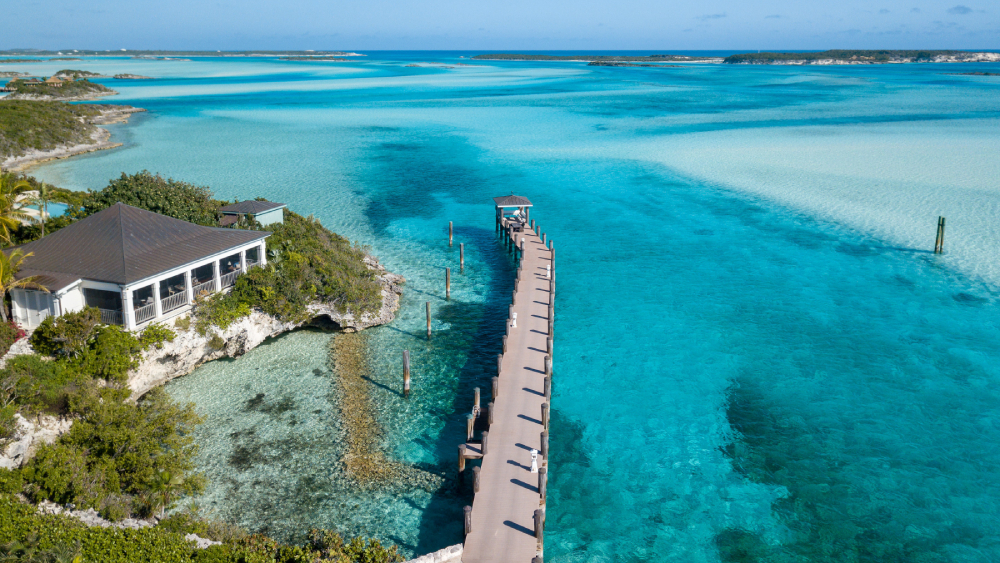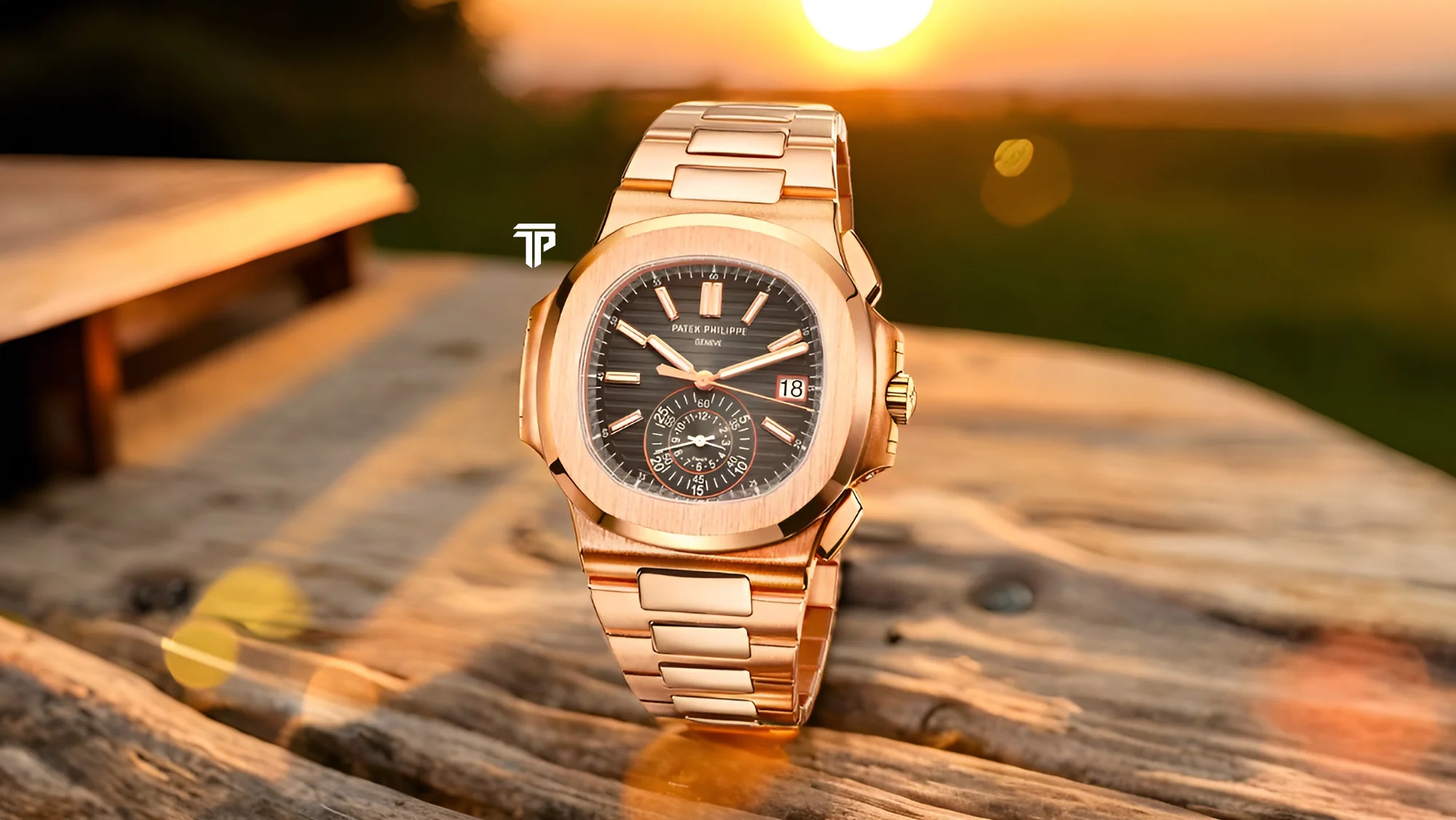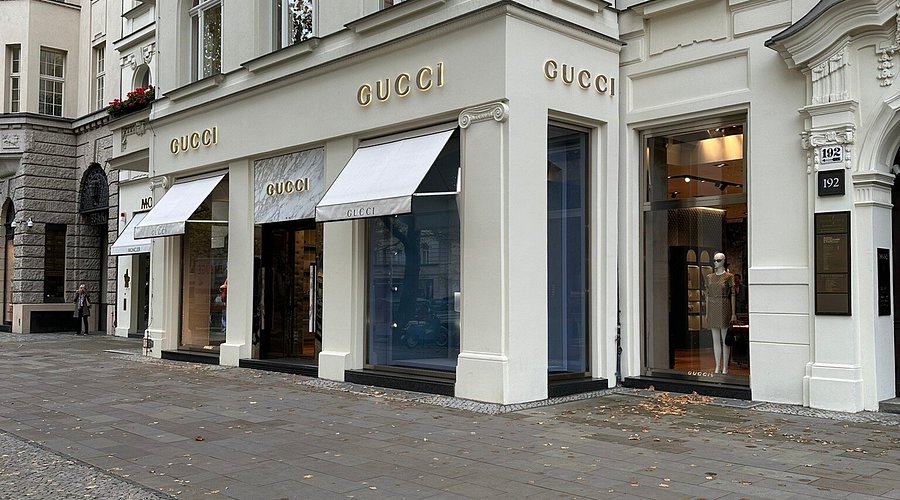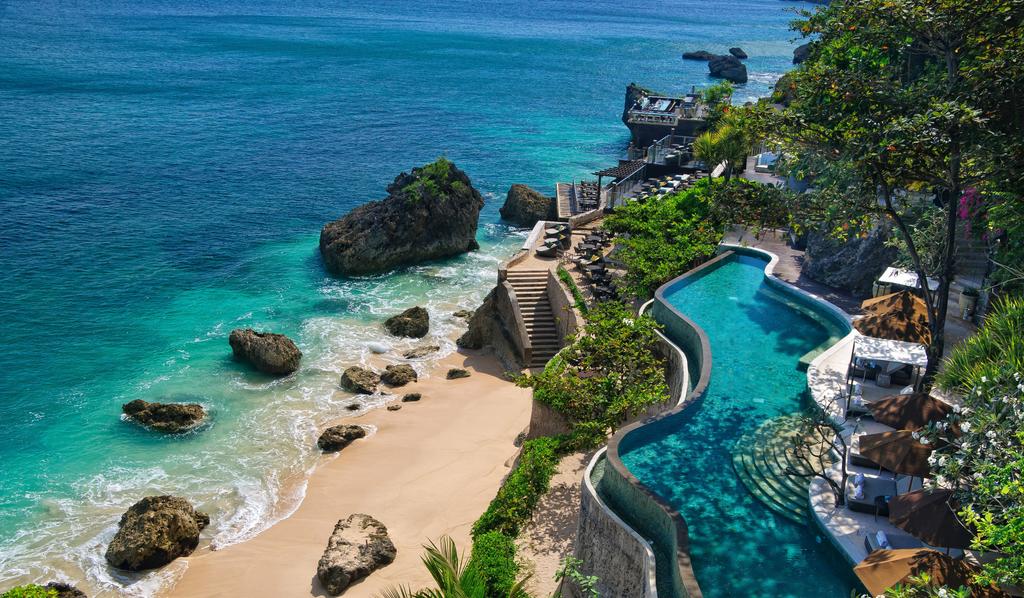Private Islands See a Surge in Buyers Seeking Solitude Over Status
By
John Carter
Last updated:
September 17, 2025
First Published:
September 17, 2025

Photo: Robb Report
For decades, ownership of a private island was considered the ultimate display of wealth. The image was tied to glamour, extravagance and a desire to impress others with symbols of status. Today, a new trend is emerging where high net worth individuals are shifting away from that showmanship. Their focus has turned to finding true seclusion and personal comfort in their investments.
A different reason for ownership
The motivations behind these purchases have changed dramatically. Instead of viewing islands as trophies, many wealthy buyers see them as sanctuaries. Remote properties allow them to escape constant visibility in a world where everything is tracked and documented. Solitude is now the currency of the elite, and a private island provides that in abundance.
A shift in lifestyle priorities
This desire is linked to lifestyle changes. With increasing digital surveillance and nonstop exposure on social platforms, affluent families are seeking places to disconnect entirely. For them, an island is not simply a place to vacation but a location to retreat, to recharge and to experience life away from constant access.
Investment with deeper meaning
Owning an island has also taken on a new investment identity. It is no longer just about luxury real estate but about securing a timeless asset that offers both tangible and emotional returns. While the land value appreciates, the peace of mind and exclusivity it provides are priceless.
Privacy as a new form of wealth
Privacy has become a rare commodity. The ability to step away from public life and enjoy a space entirely controlled by oneself is highly valued. This marks a cultural change in how wealth is displayed. Instead of showcasing possessions, the wealthy now showcase absence and distance, creating a new language of prestige.
Tailoring islands to personal needs
Another aspect of this movement is customization. Owners are transforming these islands to fit their exact lifestyle needs. Some design eco-friendly spaces that harmonize with nature while others focus on creating advanced wellness retreats. The island becomes not just a home but a personalized statement of how they choose to live.
Beyond luxury tourism
This trend is also reshaping luxury tourism. Many island owners prefer to stay off commercial circuits entirely, renting only to selected guests or family members. In doing so, they reinforce the idea that exclusivity is not about availability but about limitation. Fewer people have access, and that scarcity drives the allure.
Global hotspots for purchases
Certain regions have become particularly attractive for this kind of purchase. Remote parts of the Caribbean, South Pacific and Northern Europe are seeing renewed interest. These locations are prized not only for natural beauty but also for their political stability and environmental protections, which make them safe long term investments.
The new definition of legacy
For some families, a private island is being reimagined as part of their legacy. Instead of passing down jewelry or estates in crowded cities, they now pass down a secluded land that guarantees peace for future generations. It reflects a shift in what is considered valuable and meaningful in long term wealth planning.
A sign of evolving wealth culture
The rise in private island ownership for solitude rather than status illustrates how wealth culture is changing. Where once the goal was to be seen, now the ambition is to disappear from sight. This transformation signals that the ultimate luxury today is not excess but the freedom to choose invisibility.
Subscribe to unlock premium content
Sed at tellus, pharetra lacus, aenean risus non nisl ultricies commodo diam aliquet arcu enim eu leo porttitor habitasse adipiscing porttitor varius ultricies facilisis viverra lacus neque.
A comprehensive guide on Agile development

10 Productivity tools that are worth checking out

Top 7 Must have management tools for productivity

A comprehensive guide on Agile development

10 Productivity tools that are worth checking out

A comprehensive guide on Agile development








.png)
